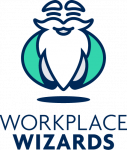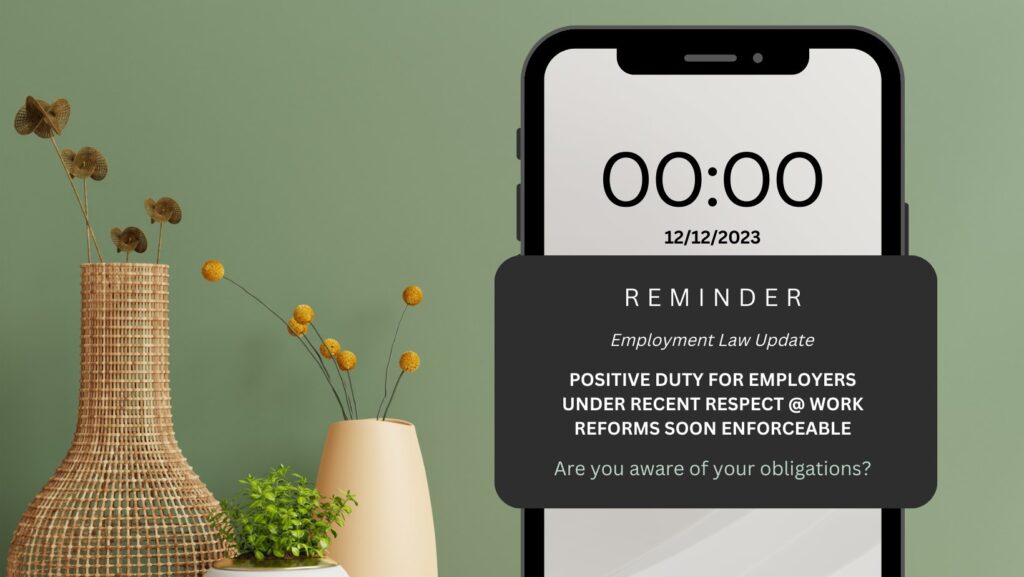Following the introduction of the Respect at Work reforms last year, employers will now have a positive obligation to take reasonable and proportionate measures to eliminate, as far as possible, unlawful sex discrimination including sexual harassment, sex-based harassment, hostile working environments and victimisation.
From 12 December 2023, the Australian Human Rights Commission (AHRC) will be granted power to investigate noncompliance with this new positive duty with powers to issue compliance notices, make applications to federal courts for compliance orders and to enter into enforceable undertakings with businesses.
As the December deadline fast approaches, Employers will need to make sure they understand the new requirements imposed upon them and review the AHRC’s recently released Guidance for Complying with the Positive Duty under the Sex Discrimination Act 1984 (Cth) (Guidelines). The Guidelines are underpinned by the following seven standards:
- Leadership
- Culture
- Knowledge
- Risk Management
- Support
- Reporting and Response
- Monitoring and Transparenc
- Conduct a risk assessment to identify sexual harassment risk factors;
- Develop measures to document and control the risks;
- Develop a Prevention and Response Plan;
- Review and update their internal policies, code of conduct and procedures;
- Update and conduct training around the updated policies and procedures in addition to training on sex discrimination and work, health and safety obligations;
- Provide managers with the tools and education they need so they can adequately address unlawful behaviour in the workplace; and
- Ensure systems are in place for employees to safely lodge complaints and have them investigated.
Sexual harassment is now covered by many areas of law including of workplace health and safety, anti-discrimination, workplace protections and more. We understand the overlapping legislative frameworks can be confusing and overwhelming, so if you need a hand in checking how your workplace is tracking against these or want to assess what steps you may need to take – reach out to us, we’re here to help!
Addressing sexual harassment isn’t just about compliance, it’s about workplace culture. Our team is here to support you to determine what sort of initiatives could make a practical difference in your workplace, and how to make sure your workforce feel included in these changes.





Comments are closed.